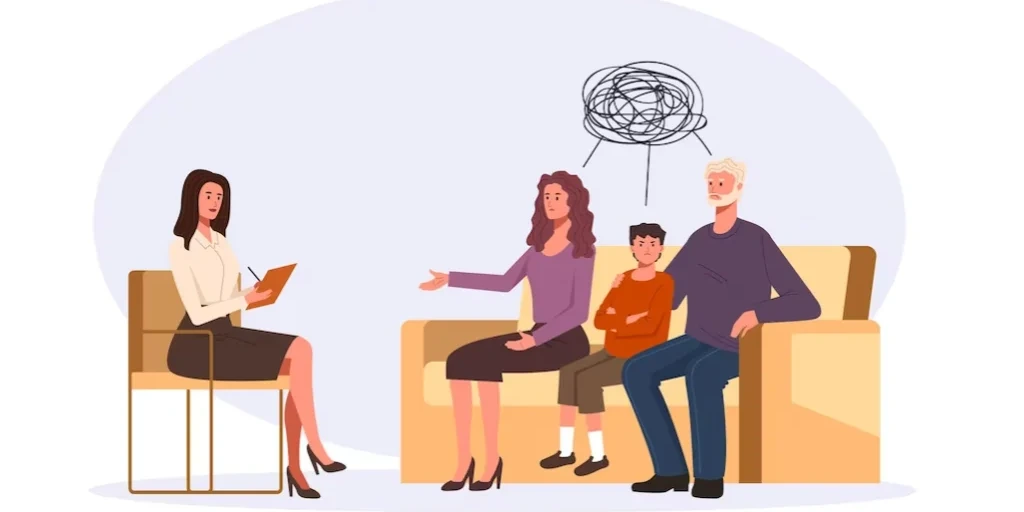24/7 Helpline:
(866) 899-221924/7 Helpline:
(866) 899-2219
Learn more about PTSD Treatment centers in McDowell County

Other Insurance Options

Health Choice

Kaiser Permanente

State Farm

Sutter

PHCS Network

Medical Mutual of Ohio

CareFirst

Anthem

Multiplan

Ambetter

Excellus

UMR

Access to Recovery (ATR) Voucher

BHS | Behavioral Health Systems
Beacon

Horizon Healthcare Service

Highmark

Amerigroup

Group Health Incorporated

Magellan


































SUWS of the Carolinas
SUWS of the Carolinas offers residential treatment for individuals with alcohol and/or substance add...

Recovery Ventures Corporation
Located in Old Fort, North Carolina, Recovery Ventures Corporation provides alcohol and drug rehab s...








